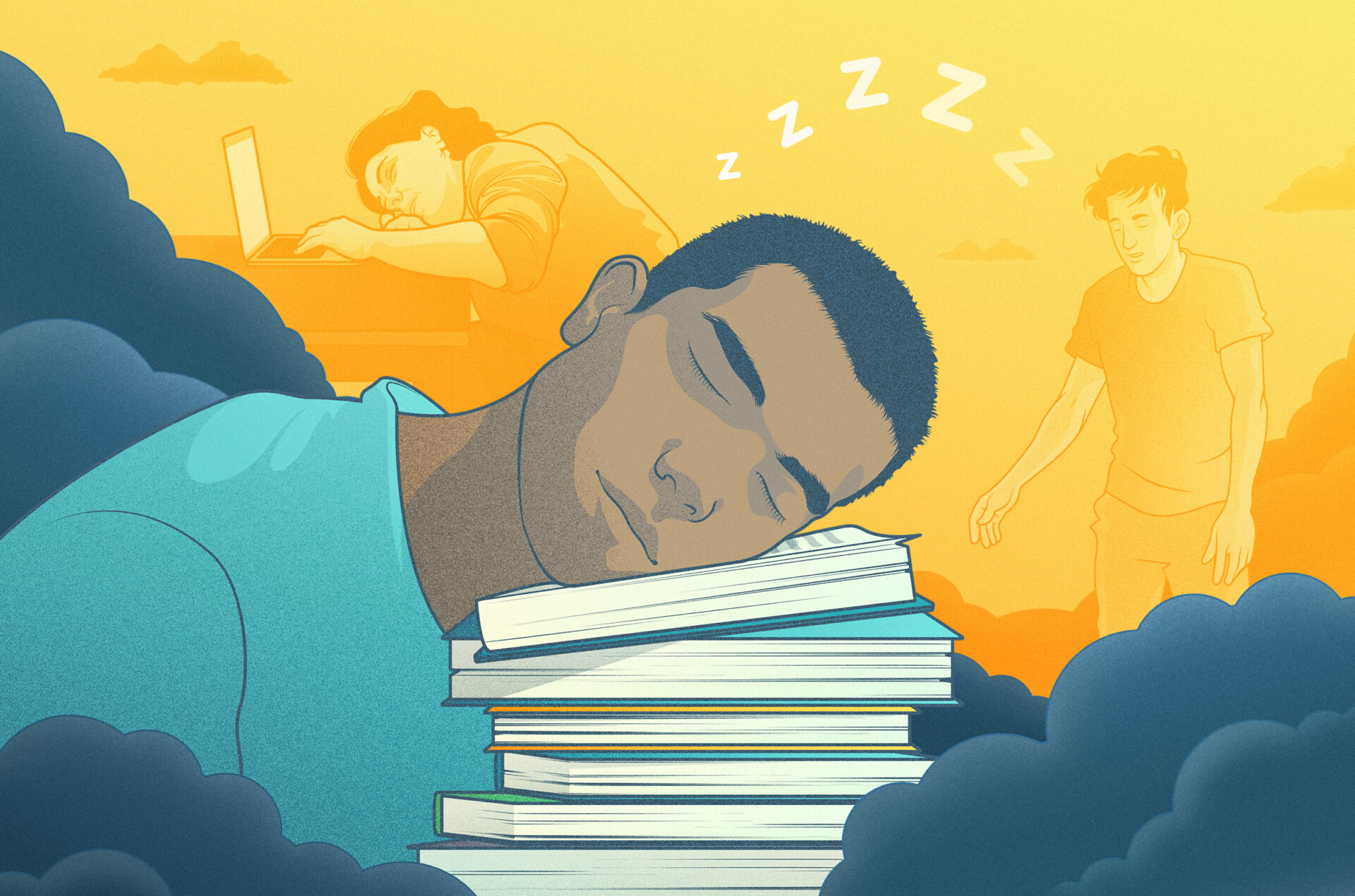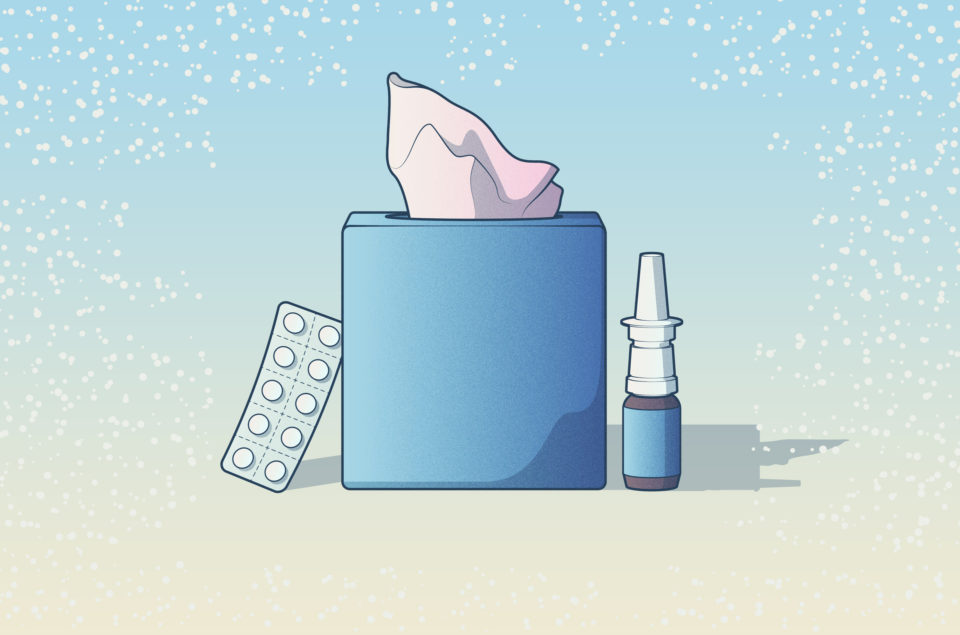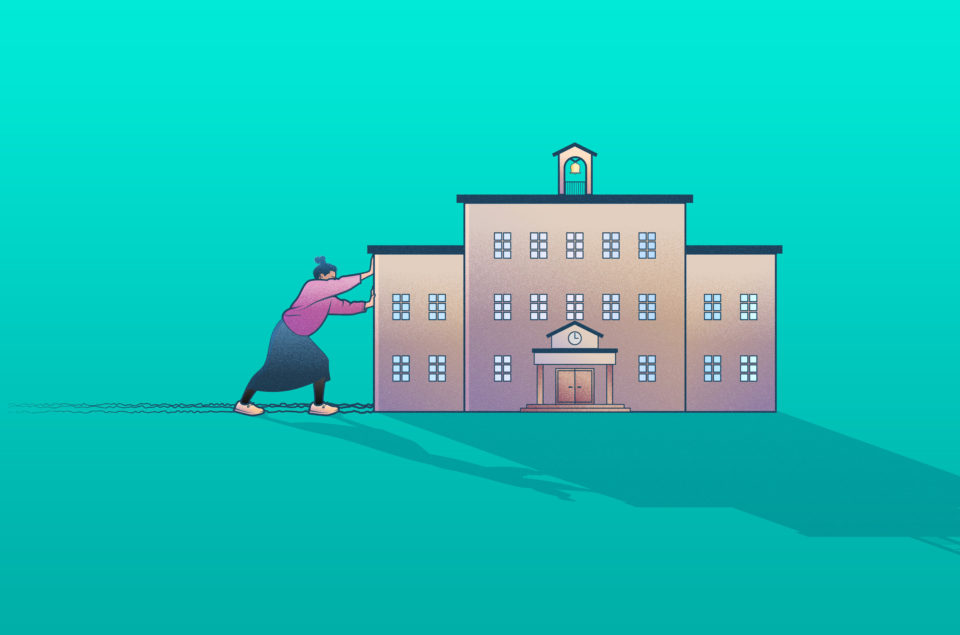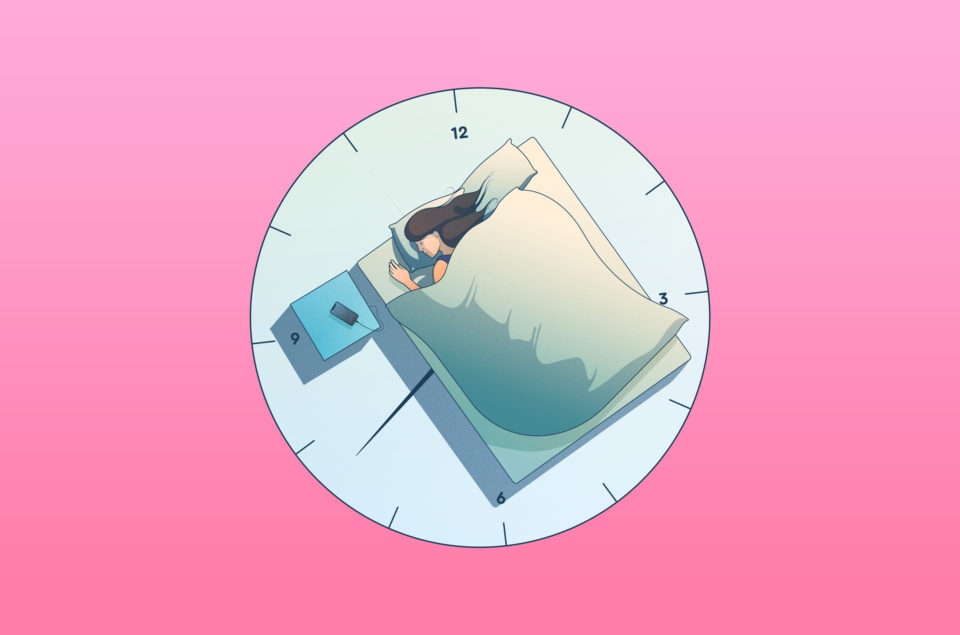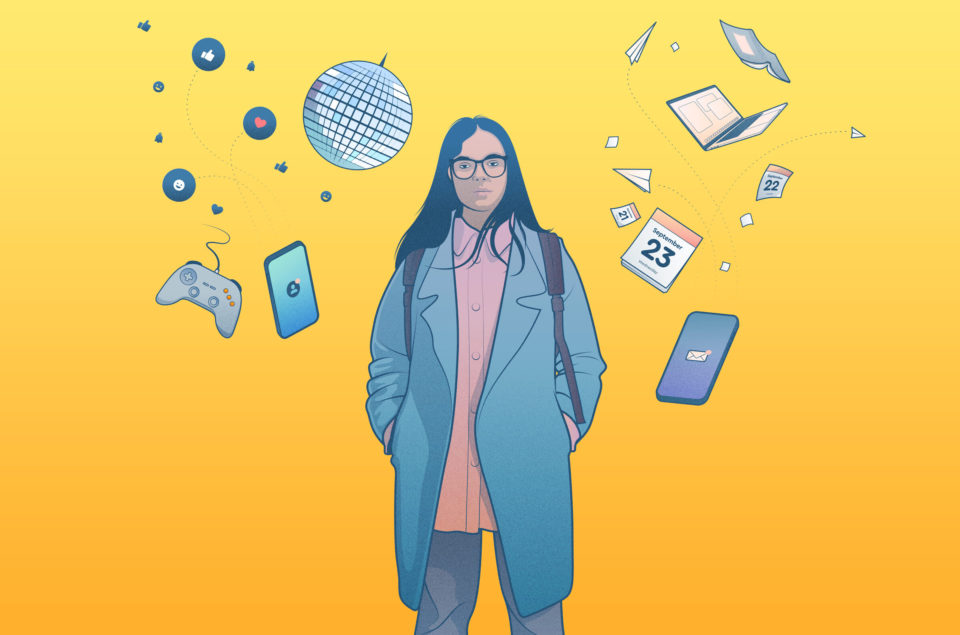Sleep is a vital part of our daily routine. It is as important to our health as breathing, eating health, and exercising. However, the fast-paced world we live in today often makes us forget the importance of a good night’s sleep. Many people believe that they can function well even without enough sleep, but the truth is, sleep deprivation can have serious consequences on our physical and mental health from the first hour of missed sleep.
In this article, we will show you the effects of sleep deprivation hour by hour, how it can affect our body and mind, and the long-term effects.
Jump directly to:
- How long can you live without sleep?
- Can you catch up on sleep?
- The long-term effects of sleep deprivation
How long can you live without sleep?
The amount of sleep needed varies from person to person and is also influenced mainly by our genetics and age. For example, kids need approximately twice the amount of sleep compared to healthy adults. However, there’s no definitive answer to how long you can stay awake.
Back in the 60s, Randy Gardner, a high school student, set the world record for the longest time without sleep for a science project: 11 days or 264 hours. During the experiment, he developed issues with his eyesight, waves of nausea, mood swings, and experienced cognitive deficiencies such as lack of concentration, memory loss, and speech problems. He began to experience hallucinations and psychosis, and . had a hard time returning to a regular sleep pattern even after the experiment ended.
What happens when you go without sleep for 1-3 days straight?
We don’t need 11 days without sleep to experience the effects of sleep deprivation. When we stay awake later than usual or wake up earlier, our body starts experiencing physical, mental, and cognitive deterioration.
Although sleep deprivation affects everyone differently, there are general effects that occur hour by hour. Let’s take a closer look.
First 24 hours without sleep
Pulling an all-nighter isn’t uncommon. People might miss a night of sleep because of work, studying for a test or taking care of a sick child. In this situation, the body tries to compensate for fatigue and keep the body functioning by increasing stress hormones – cortisol and adrenaline. However, after a night without sleep, you may start to experience symptoms such as fatigue, irritability, drowsiness, and cognitive impairment. Research has proven that 24 hours without sleep can be the equivalent of having a blood alcohol level of .10, which is above the legal limit in many countries and all 50 US states.
24 hours of sleep deprivation – Side-effects
- Fatigue
- Irritability
- Drowsiness and brain fog
- Lower attention span
- Cognitive impairment
- Impaired vision and hearing
- Lack of good judgment
- Tremors
36 hours without sleep
After 36 hours of being awake, the effects of sleep deprivation become more severe, putting notable stress on your body. The previous side effects get more intense, and your body starts experiencing hormone imbalances, slowed metabolism, fluctuations in your appetite and body temperature, higher blood pressure, and even higher inflammatory markers. Additionally, your cognitive abilities may be significantly impaired, presenting a much slower reaction time and difficulty speaking. Some studies also suggest that 1 day and a half without sleep increases the chances of suffering microsleep episodes – brief moments of involuntary sleep or drowsiness.
36 hours of sleep deprivation – Side-effects
- All previous symptoms
- Hormone imbalances
- Slow metabolism
- Increased appetite
- High blood pressure
- Fluctuations in body temperature
- Speech impairment
- Microsleep episodes
48 hours without sleep
After 2 days of sleep deprivation, most people obviously have difficulty staying awake. Microsleep episodes might appear or become more frequent, which compromises your safety and those around you. Moreover, your immune system is seriously impacted after 48 hours of no sleep: the Natural Killer cell activity – cells that protect us from viruses, bacteria and tumor formation – decreases, making you more prone to infections and illnesses. This doesn’t combine well with the altered inflammatory markers, which help prevent and target those illnesses.
During this stage, your overall performance is low, your motor skills decline and even the simplest tasks are difficult to carry out. You may also start to experience hallucinations and delusions, leading to depersonalization and extreme mood swings.
48 hours of sleep deprivation – Side-effects
- All previous symptoms
- More frequent microsleep episodes
- Impaired immune system
- Low overall performance
- Depersonalization
- Extreme mood swings
72 hours without sleep
The urge to sleep after 72 hours of being awake is extremely intense. Here, microsleep episodes become much longer, while the brain keeps fighting and is willing to shut down and recover. And between those episodes, your ability to perceive the world around you is considerably compromised. In other words, not only does this degree of sleep deprivation make you hallucinate but also makes it harder for you to interpret your surroundings and read others’ emotions. In summary, your body and yourself start to be completely dysfunctional after 3 entire days without sleep.
Research involving 12 astronauts who stayed awake for 72 hours found that this stage of sleep deprivation contributes to an increased heart rate, extreme mood, and reduced ability to process information. Also, other studies suggest that this amount of sleep deprivation may have more serious consequences, such as circadian misalignment, greater oxidative stress and neuroinflammation, among others. However, no research that could prove this in humans has been ever conducted.
72 hours of sleep deprivation – Side-effects
- All previous symptoms
- Longer microsleep episodes
- Difficulty interpreting the world around you
- General body dysfunction
Can you catch up on sleep?
Research suggests that it is possible to catch up on sleep to some extent. But it depends on how much sleep you’ve missed and for how long. When you miss out on sleep, you accumulate a “sleep debt,” which can be challenging to repay fully. If you’ve missed just a few hours of sleep, it’s usually possible to make up for it by getting extra sleep over the next few days.
Yes, you read right, catching up on sleep doesn’t happen overnight and the best practice is to increase your sleep time by 15 to 30 minutes at a time until you reach your optimal sleep amount. It’s not clear that sleeping in on the weekends or napping help compensate for sleep debt as it’s often not enough. That extra rest can give a false sense of recovery and doesn’t reverse the effects of being sleep deprived.
Quality over quantity
It’s important to note that the quality of your sleep is just as important as the quantity. So, if you try to catch up on sleep, make sure to create a comfortable and relaxing sleep environment to ensure that you get the restorative sleep you need. Keep in mind that it’s always better to establish a consistent sleep routine that allows you to get the recommended amount of sleep each night, rather than relying on catching up on missed sleep.
The long-term effects of sleep deprivation
The situation turns out to be different when someone experiences chronic sleep deprivation. Sleep deprivation becomes chronic when someone doesn’t or can’t get enough sleep for 3 months or longer. So it’s more than just losing a night’s sleep or two.
It’s important to keep in mind here that gradual sleep loss may also contribute to chronic sleep deprivation without noticing. As said, while the occasional late night or even an all-nighter won’t have much impact on your sleep and health, missing out a bit on sleep over a period of days or weeks is like a slow leak in a tire. While the damage may not be immediately apparent and you feel that you can adapt to your shorter sleep schedule, over time it can become more serious and more difficult to repair, eventually leading to chronic sleep deprivation.
In the end, the wear and tear on your body and mind can start to add up, leaving you feeling exhausted, overwhelmed, and at greater risk of serious health problems. That’s why it’s so important to prioritize your sleep at night above all else – including watching your favorite show on Netflix (for example).
Risks of being chronically sleep deprived
When someone is chronically sleep deprived they don’t meet their sleep needs on a regular basis – which can lead to serious consequences for overall health:
- Increased risk of obesity: Lack of sleep can interfere with the hormones that regulate appetite, leading to increased hunger and cravings for high-calorie foods. Over time, this can contribute to weight gain.
- Higher risk of diabetes: the body’s ability to regulate blood sugar levels is affected, leading to an increased risk of developing type 2 diabetes.
- Cardiovascular problems: chronic sleep deprivation has been linked to an increased risk of hypertension (high blood pressure), heart disease, and stroke. This is because the body’s natural circadian rhythms help regulate the cardiovascular system. Any disruption due to a lack of sleep can have negative consequences.
- Compromised immune system: Sleep plays a crucial role in the body’s immune system, helping to fight off infections and diseases. When we don’t get enough sleep, our immune system is weakened, making us more susceptible to illnesses.
- Poor mental health: long-term sleep deprivation has been linked to an increased risk of developing mental health problems such as depression and anxiety.
- Cognitive problems: sleep is also essential for consolidating memories and processing information. Chronic sleep deprivation can lead to problems with attention, concentration, and memory, as well as decreased cognitive performance.
- Increased risk of accidents: sleep deprivation our ability to think clearly and react quickly, at work, on the road, and in other daily activities.
The importance of staying away from sleep deprivation
Sleep is an essential part of our daily lives and is necessary for our overall health and well-being. The effects of sleep deprivation can be severe and long-lasting, affecting our physical, mental, and emotional health. While it may be tempting to sacrifice sleep in favor of work or other activities, it is important to remember the value of a good night’s rest.
As it has been proven, even a few hours of no sleep can have a significant impact on our health and quality of life. So, the next time you find yourself considering staying up late or pulling an all-nighter for work or studies, remember the potential consequences and prioritize your sleep instead. Sweet dreams!
